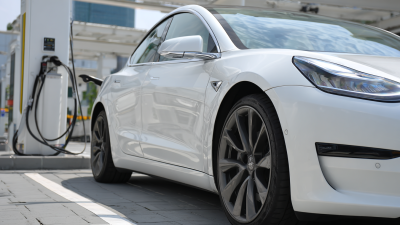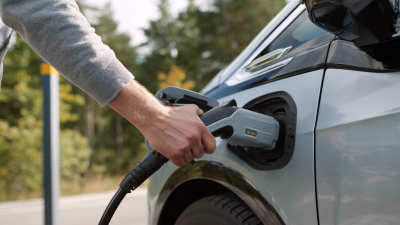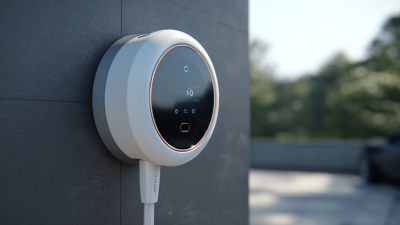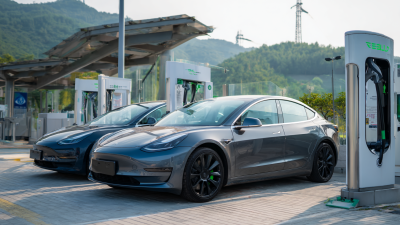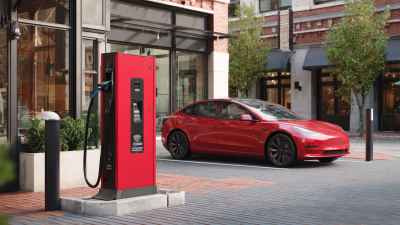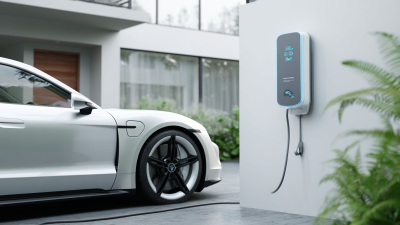As the demand for hybrid vehicles continues to surge, with the global hybrid electric vehicle market projected to reach $130 billion by 2027, the significance of selecting the right Hybrid Car Charger becomes paramount for both new and experienced users. With diverse charging options emerging in the market, understanding essential features such as charging speed, compatibility, and safety standards is critical. Industry reports indicate that nearly 60% of hybrid car owners prioritize charging convenience, making the choice of charger not just a matter of utility but also of lifestyle enhancement. As manufacturers innovate, providing more efficient and advanced charging solutions, consumers are faced with a landscape that necessitates informed decisions to optimize their hybrid vehicle experience. Therefore, this guide delves into the vital aspects of choosing an ideal Hybrid Car Charger, ensuring that owners can navigate this evolving market effectively.
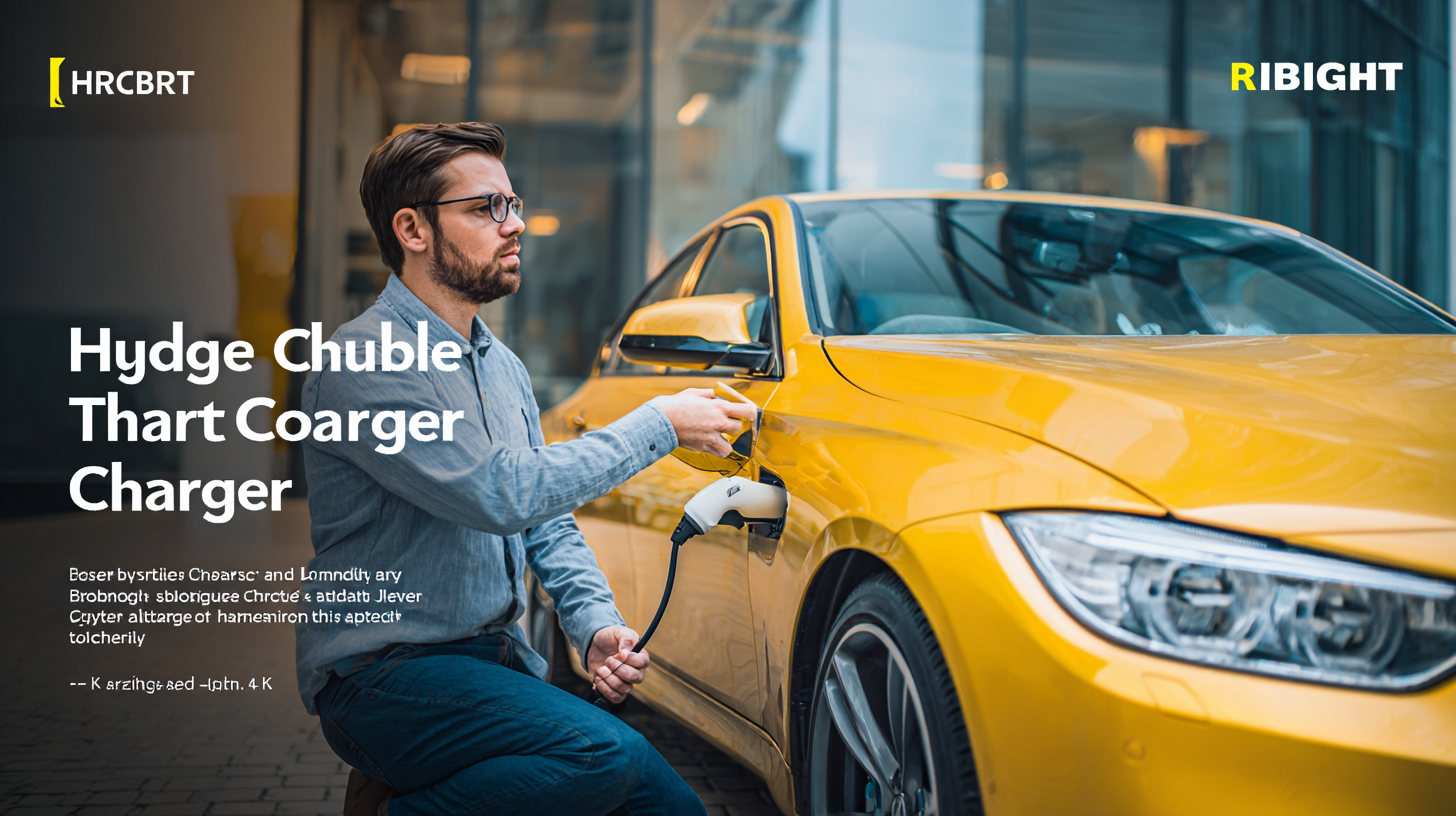
When exploring the world of hybrid car chargers, it is essential to understand the various types available in the market. The most common chargers include Level 1, Level 2, and DC Fast Chargers. Level 1 chargers utilize a standard 120V outlet, making them highly accessible for home use, but they charge vehicles slowly, often taking up to 8-12 hours for a full charge. This option is suitable for plug-in hybrids or drivers who have ample time to charge overnight.
On the other hand, Level 2 chargers are designed for faster home charging and public charging stations, operating at 240V. They significantly reduce charging time to about 3-6 hours, making them ideal for hybrid vehicles that require regular use. Lastly, DC Fast Chargers are the fastest option, providing a substantial charge in about 30 minutes. However, they are typically found in commercial settings and can be more expensive. Each charge type serves different user needs, so assessing how often and how quickly you require charging is crucial in making an informed choice.
When selecting a hybrid car charger, several key features should be prioritized to ensure optimal performance and compatibility. First and foremost, charging speed is a crucial factor. According to the International Energy Agency (IEA), there has been a noticeable increase in the demand for fast chargers, with a 36% rise in fast charging stations globally in 2022. A charger that offers multiple amperage settings can significantly reduce charging time, making it a valuable feature for busy individuals who rely on their vehicles for daily commutes.
Next, compatibility with various hybrid models is essential. Many chargers are designed with universal plug systems, but it's advisable to verify that the charger supports the specific requirements of your vehicle. According to a recent report by MarketsandMarkets, the market for electric and hybrid vehicle chargers is projected to grow to $42 billion by 2027, highlighting the increasing variety of charging solutions available. Additionally, consider safety features such as overcurrent protection and thermal regulation, which can prevent damage to your vehicle's battery and ensure a seamless charging experience. These insights are fundamental in helping consumers make informed decisions when investing in a hybrid car charger.
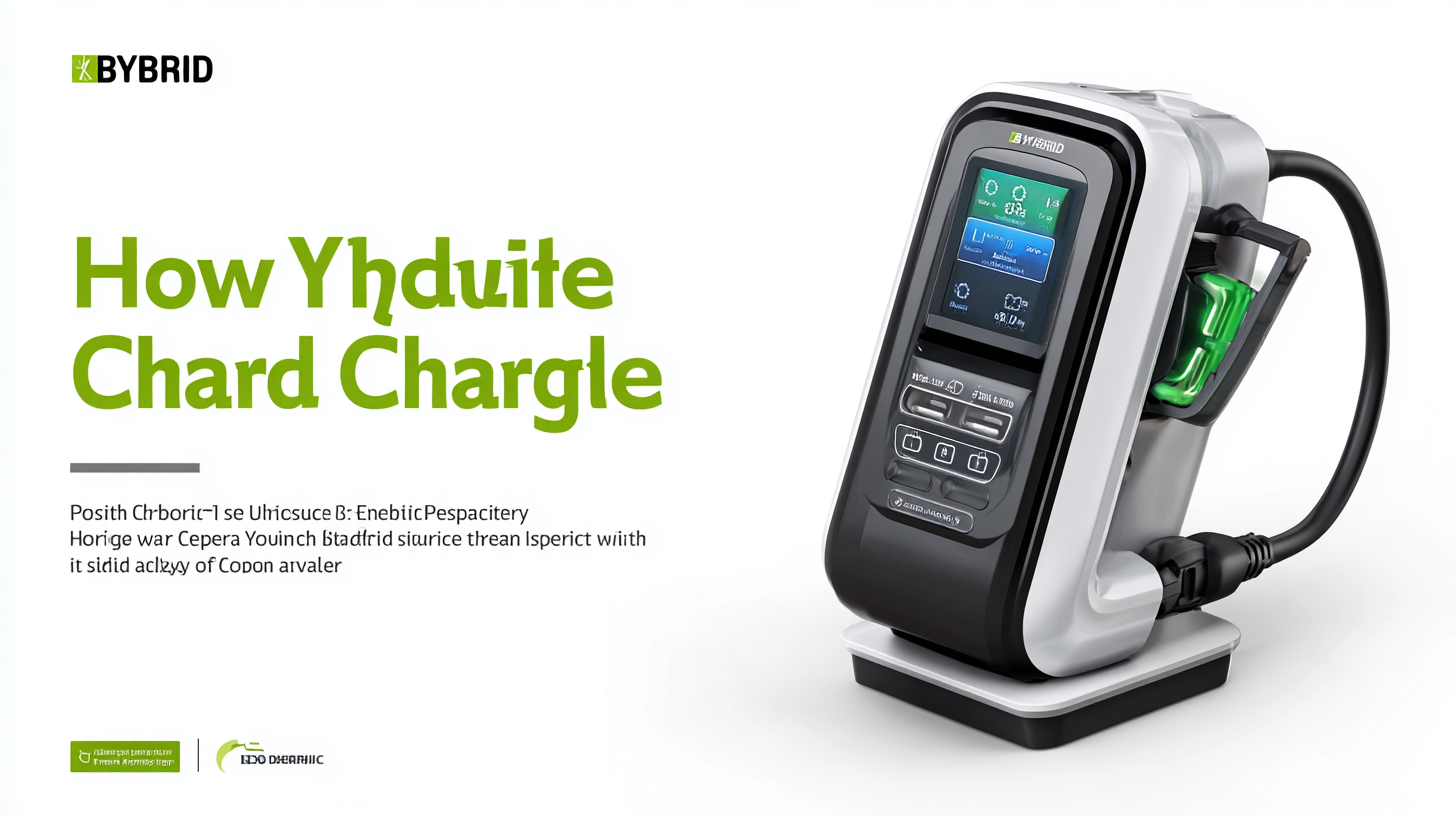
When selecting a hybrid car charger, understanding the charging speed between AC and DC chargers is critical.
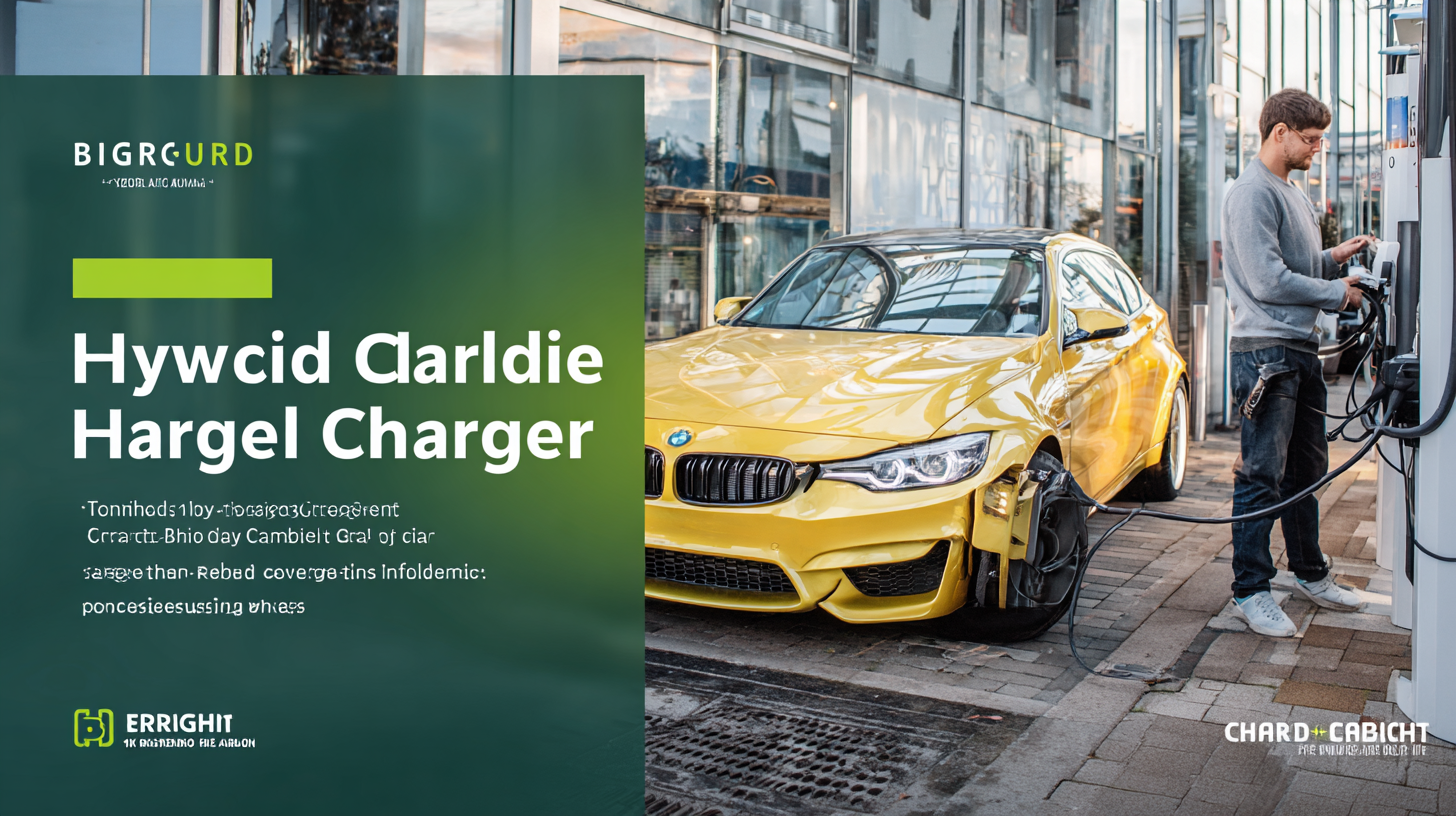 AC chargers, commonly used in residential settings, typically offer a slower charging rate, often delivering between 3.3 kW to 22 kW.
According to a report by the U.S. Department of Energy, most Level 2 AC chargers, which are standard for home and public charging, can fully charge a hybrid vehicle in about 1 to 8 hours, depending on the vehicle’s battery capacity.
This slow charging can be sufficient for daily commuters who can hook up their cars overnight.
AC chargers, commonly used in residential settings, typically offer a slower charging rate, often delivering between 3.3 kW to 22 kW.
According to a report by the U.S. Department of Energy, most Level 2 AC chargers, which are standard for home and public charging, can fully charge a hybrid vehicle in about 1 to 8 hours, depending on the vehicle’s battery capacity.
This slow charging can be sufficient for daily commuters who can hook up their cars overnight.
In contrast, DC fast chargers provide a significantly higher charging speed, ranging from 50 kW to 350 kW. A study conducted by the International Energy Agency (IEA) highlighted that DC charging can refill a hybrid vehicle’s battery to 80% in as little as 30 minutes. This capability is especially beneficial for long-distance travel and for users who require rapid turnarounds. As the infrastructure for DC charging continues to develop, it’s becoming increasingly important for potential hybrid owners to weigh the benefits of speed and convenience against the potential higher costs associated with DC charging installations.
When selecting a hybrid car charger, it is vital to consider safety standards and certifications to ensure reliable and secure charging. Various organizations, such as Underwriters Laboratories (UL), Institute of Electrical and Electronics Engineers (IEEE), and the Society of Automotive Engineers (SAE), provide guidelines and certification processes for electric vehicle charging equipment. Chargers that meet these standards often undergo rigorous testing to assess their performance under various conditions, mitigating risks associated with overheating, electrical shock, and short circuits.
Moreover, features like overcurrent protection, ground fault detection, and thermal management are critical in enhancing safety. Chargers that are certified by recognized organizations also give users peace of mind, knowing they adhere to industry-recognized protocols. Selecting a charger with these safety certifications is not just about meeting regulatory requirements but ensuring the longevity of both the charging equipment and the hybrid vehicle, thus promoting a secure and efficient electrification of transportation.
The future of hybrid car charging technology is being shaped by several key industry trends that are enhancing convenience and efficiency for users. As more consumers transition to hybrid vehicles, the demand for faster charging solutions is growing. Manufacturers are responding by developing high-capacity chargers that reduce charging times significantly, providing a more seamless experience.
Additionally, advancements in wireless charging technology are on the rise, enabling drivers to charge their vehicles without the need for physical plugs, which could transform how users interact with their electric and hybrid cars.
Moreover, integration with smart technology is becoming increasingly prevalent in hybrid charging systems. Smart chargers now feature connectivity options that allow users to monitor and control charging from their smartphones. This tech-savvy approach not only provides insights into charging status but also offers suggestions for the most cost-effective charging times based on real-time energy prices.
As the electric grid continues to evolve, hybrid car owners will benefit from these innovations that optimize charging efficiency and align with renewable energy sources, showcasing a commitment to sustainability within the automotive industry.
